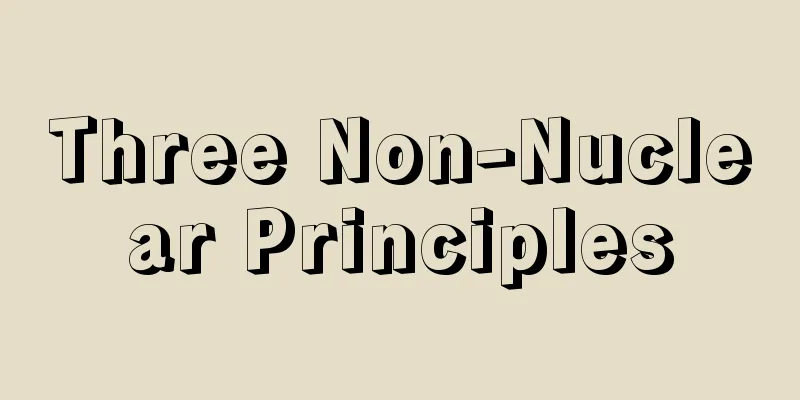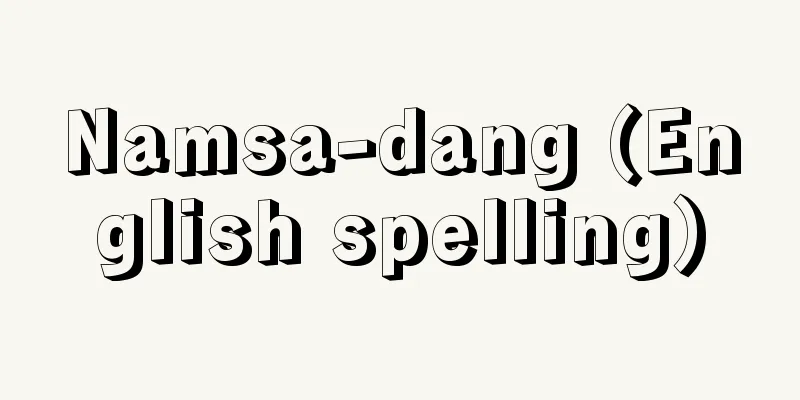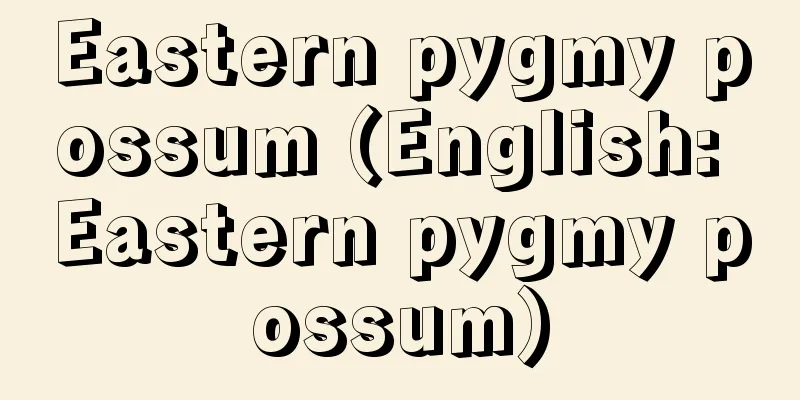Three Non-Nuclear Principles

|
Japan's basic policy on nuclear weapons is to "not possess, produce, or allow the introduction of nuclear weapons." It has been considered a "national policy." When the issue of nuclear weapons at the U.S. military bases in Okinawa arose in relation to the reversion of Okinawa, then Prime Minister Eisaku Sato stated this at a plenary session of the House of Representatives in January 1968, and on November 24, 1971, when the Okinawa Reversion Agreement was passed, the House of Representatives adopted a "Resolution on Non-Nuclear Weapons and Reduction of U.S. Military Bases in Okinawa," which included these three principles. Not only have government authorities repeatedly confirmed this since then, but the Diet has also repeatedly passed resolutions to the same effect. Of the three principles, "not possessing, not producing" became an obligation under international law when Japan ratified the Nuclear Non-Proliferation Treaty in 1976. Therefore, the particular issue is the "not allowing the introduction of nuclear weapons," and the government has taken the stance of refusing to allow the U.S. military to bring in nuclear weapons through prior consultation under the Japan-U.S. Security Treaty. However, the right to initiate prior consultations lies with the United States, and Japan does not have the authority to inspect bases, ships, or aircraft even in suspicious cases. This, combined with the US policy of not disclosing the location of nuclear weapons, has cast doubt on the implementation of this principle. In fact, researchers and others have repeatedly pointed out that there is a "secret agreement" between Japan and the US regarding the port calls of nuclear-weapon-equipped ships and the reintroduction of nuclear weapons to Okinawa in the event of an emergency. Regarding this "secret agreement," the "Committee of Experts on the So-called 'Secret Agreement' Issue," established in the Ministry of Foreign Affairs, published a report in March 2010, concluding that during the 1960 Security Treaty revision negotiations, the Japanese side knew of the US interpretation that port calls of nuclear-weapon-equipped ships were not subject to prior consultations, but did not pursue this issue further, resulting in the existence of a broad secret agreement known as an "implicit agreement." Also, the issue of whether or not the three principles should allow nuclear-armed ships to have the right of innocent passage through Japan's territorial waters has been raised, but the 1977 Territorial Sea Law, which set Japan's territorial waters at 12 nautical miles, also decided to keep the territorial waters at three nautical miles for the time being in order to avoid this issue in five international straits, including the Tsugaru Strait, and this provision was carried over to the 1996 Law on Territorial Sea and Contiguous Zone. Under these circumstances, there is a strong argument among peace activists and researchers that the three non-nuclear principles should be enacted into domestic law, but this has not been realized. On the other hand, there is also the view that, as long as Japan relies on the nuclear deterrence of the United States, the call of nuclear-armed ships should be officially recognized and the passage through Japan's territorial waters should be changed to the "2.5 Non-Nuclear Principles." [Yoshiro Matsui] Nuclear-free declarations by local governmentsSince the 1980s, there have been more and more cases of local governments making nuclear-free declarations, and according to the Japan Council of Nuclear-Free Local Governments, as of September 2010, 1,504 of the 1,787 local governments in Japan had made such declarations. Local government nuclear-free declarations vary in content, from using the Three Non-Nuclear Principles as a guide for policies to implementing the Three Non-Nuclear Principles themselves to turn the local government into a nuclear-free zone, but the one that has attracted the most attention is the "Kobe Method." This method was based on the "Resolution on Refusing to Allow Nuclear-Weapon-Laden Vessels to Enter Kobe Port" passed by the city council in 1975, and as the port administrator, Kobe City requires foreign warships to submit a nuclear-free certificate before entering Kobe Port, and will only accept port entry applications if this is submitted, and has been said to have proven to be effective to a certain extent. Efforts to adopt this type of method were subsequently made in Kochi Prefecture, Hakodate City, and elsewhere, but the Law Concerning Situations in Surrounding Areas, which came into force in 1999, provided that the national government could request cooperation from local governments with regard to port operations, and so pressure from the government for the "Kobe Method" was once again intensified. [Yoshiro Matsui] "The Committee of 22 for Nuclear Disarmament, 'Legislation of the Three Non-Nuclear Principles' (1989, Iwanami Shoten)" ▽ "NHK Special: 50 Years After the War, What Was Japan Like (Volume 4)? The Return of Okinawa, the Secret Agreement between Japan and the US, Remodeling the Japanese Archipelago, and the Challenges and Failures of Tanaka Kakuei" (1996, Japan Broadcasting Publishing Association) [References] | | | | |Source: Shogakukan Encyclopedia Nipponica About Encyclopedia Nipponica Information | Legend |
|
核兵器を「持たず、作らず、持ち込ませず」を内容とする、核兵器に関する日本の基本政策。「国是」であるとされてきた。沖縄返還に関して在沖米軍基地の核兵器が問題となった際、当時の佐藤栄作首相が1968年(昭和43)1月の衆議院本会議で言明し、1971年11月24日には沖縄返還協定の可決に際して衆議院本会議において、この三原則を内容とする「非核兵器ならびに沖縄米軍基地縮小に関する決議」が採択された。政府当局はその後も繰り返しこれを確認してきただけでなく、国会も同趣旨の決議を繰り返してきた。三原則のうち「持たず、作らず」は、日本が1976年に核不拡散条約を批准することにより、その国際法上の義務となった。したがって、とくに問題となるのは「持ち込ませず」についてであるが、これについて政府は、日米安保条約の事前協議により米軍の核兵器持ち込みを拒否するという態度をとってきた。しかし、事前協議の発議権はアメリカにあり、日本は疑わしい場合にも基地や艦船・航空機への立ち入り検査の権限をもたないことと、核兵器の所在を明らかにしないアメリカの政策とが相まって、この原則の貫徹への疑問が投げかけられている。実際、核兵器を搭載した艦船の寄港や、有事における沖縄への核の再持ち込みについて、日米間に「密約」があるという指摘が、研究者などによって繰り返されてきた。この「密約」問題については、外務省に設置された「いわゆる「密約」問題に関する有識者委員会」が2010年3月に発表した報告書において、1960年の安保改定交渉の時に、日本側は核搭載艦船の寄港は事前協議の対象ではないという米側の解釈を知りながらこれについては深追いしないという形で、「暗黙の合意」という広義の密約が存在したと結論した。また、三原則のもとで核を搭載した艦船の領海における無害通航権が認められるかどうかが問題とされてきたが、日本の領海を12海里と定めた1977年(昭和52)の領海法は、津軽海峡など五つの国際海峡についてはこの問題を回避するため、当分の間領海を3海里にとどめることとし、この規定は1996年(平成8)の「領海及び接続水域に関する法律」にも引き継がれた。このような状況の下で、非核三原則を国内法化するべきだという主張が平和運動や研究者の間に根強いがこれは実現しておらず、他方で日本がアメリカの核抑止に依存している以上は、核搭載艦船の寄港や領海通航は公式に認めて、非核三原則を「非核2.5原則」化するべきだとの考えも提示されている。 [松井芳郎] 地方自治体の非核宣言1980年代より地方自治体が非核宣言を行う事例が目だつようになり、日本非核宣言自治体協議会によれば、2010年9月の時点で全国1787の自治体のうち1504がこの種の宣言を行っているという。自治体の非核宣言は、非核三原則を施策の指針とする、非核三原則を自ら実施して自治体を非核地帯化するなど多様な内容をもつが、なかでも注目を集めたのが「神戸方式」である。これは、1975年(昭和50)に市議会が行った「核兵器積載艦艇の神戸港入港拒否に関する決議」を受けて、港湾管理者としての神戸市が外国軍艦の神戸港入港については非核証明書の提出を求め、これが提出された場合に限って入港届を受理するとするもので、一定の実効性を示してきたという。このような方式を採用する努力は、その後高知県、函館市などで行われてきたが、1999年(平成11)に施行された周辺事態法が港湾業務についても国が自治体の協力を求めうるとしたことから、「神戸方式」に対する政府からの圧力が改めて強められるようになった。 [松井芳郎] 『核軍縮を求める二十二人委員会著『非核三原則の立法化を』(1989・岩波書店)』▽『『NHKスペシャル 戦後50年その時日本は(第4巻)沖縄返還・日米の密約 列島改造・田中角栄の挑戦と挫折』(1996・日本放送出版協会)』 [参照項目] | | | | |出典 小学館 日本大百科全書(ニッポニカ)日本大百科全書(ニッポニカ)について 情報 | 凡例 |
<<: Staghorn fern - Staghorn fern
Recommend
collection
An event where haute couture and ready-to-wear des...
Harriotta raleighana (English spelling) Harriottaraleighana
…It can reach a total length of 130 cm. It is dis...
Anterhynchium flavomarginatum micado (English spelling) Anterhynchiumflavomarginatummicado
...The Japanese wasp Euodynerus notatus nipanicus...
Sekke Shogun
In the Kamakura period, after the end of the Minam...
Kratēs (English spelling)
...His philosophical practice was to achieve self...
Paul Gerhardt
1607‐76 German hymn poet second only to Luther. He...
Making frosted skin - making frosted skin
…In that case, to remove the fishy smell from the...
Kobanoshikaguma - Kobanoshikaguma
A perennial fern of the Acanthaceae family that is...
Large ruler dragonfly - Large ruler dragonfly
…The male's middle and hind legs have slightl...
Courtesan - Oiran
Another name for a high-ranking prostitute in Edo...
Oitohoku Line
…Construction began as a railway linking Shinano-...
Philokalia (English spelling)
(1) It means "love of beauty." According...
Takeo Yamanobe
Year of death: May 14, 1920 Year of birth: Decembe...
Hot Fiber - Onsen
…the total number is 30,000. The warm spots are d...
Parent and child square - Oyako Houjin
...In the case of a pentagon, as shown in Figure ...









